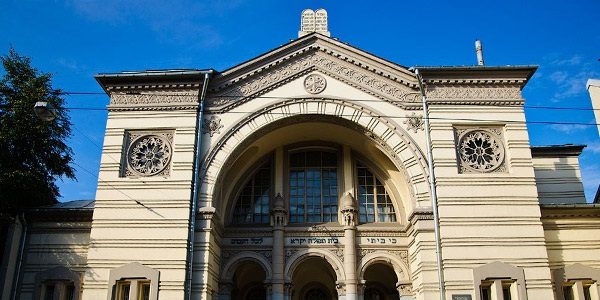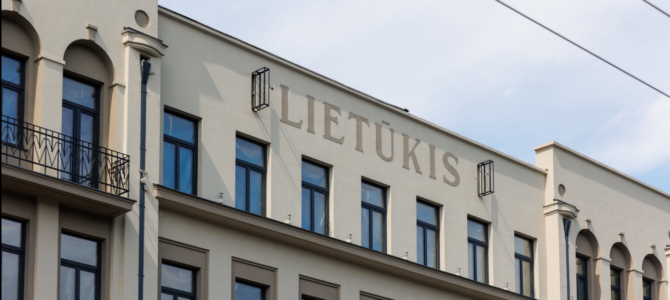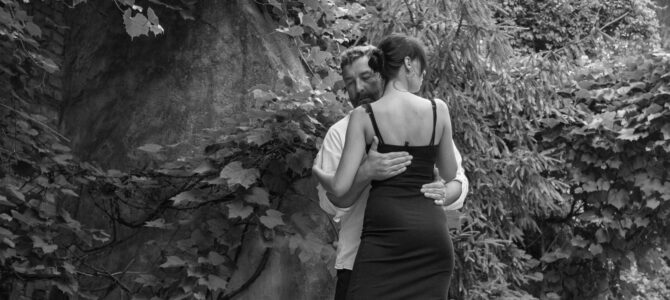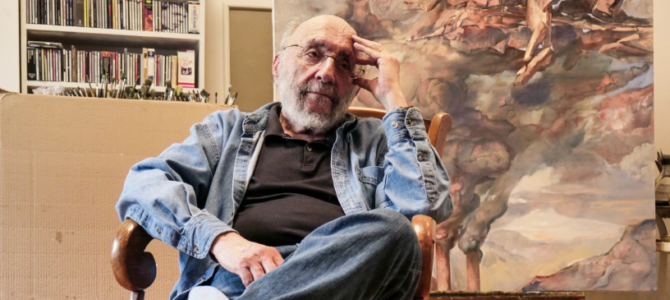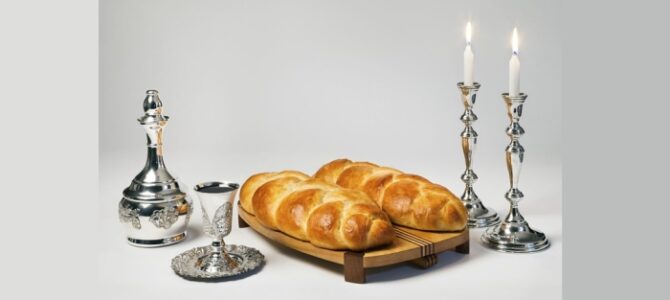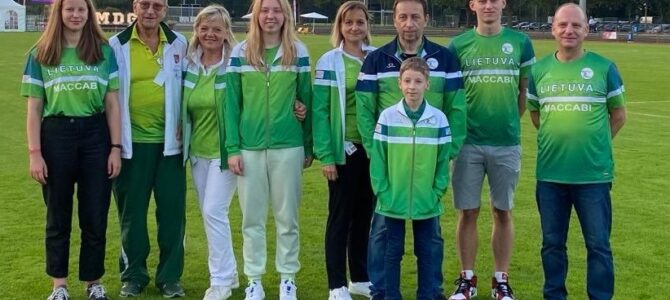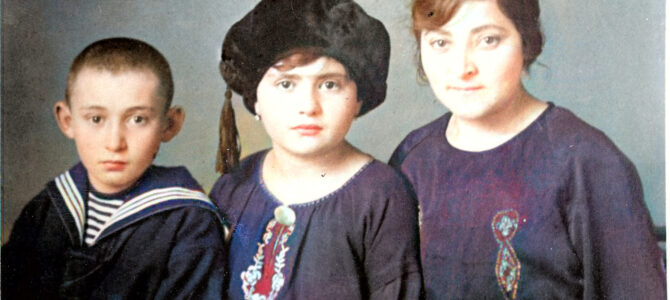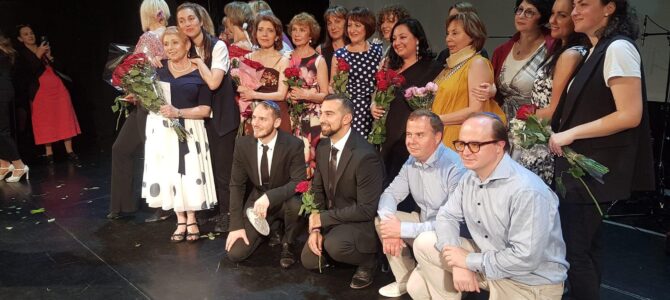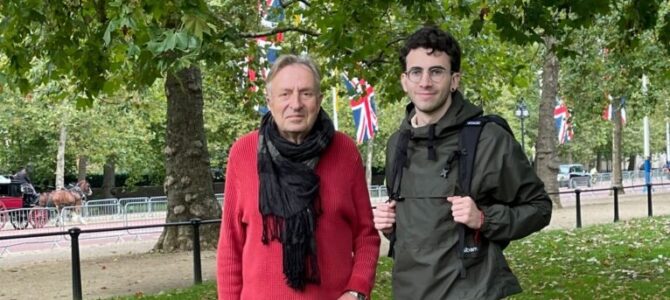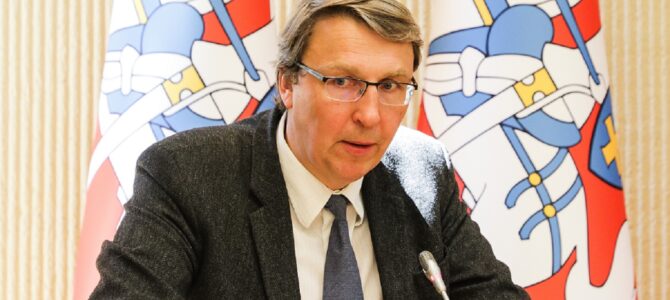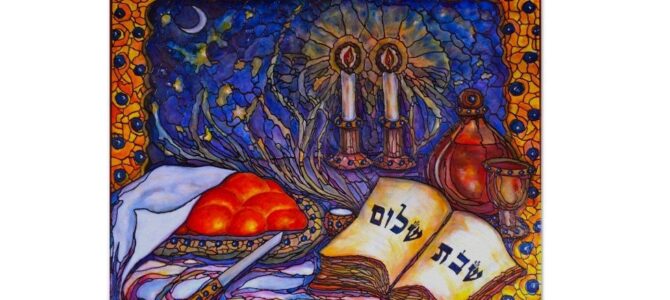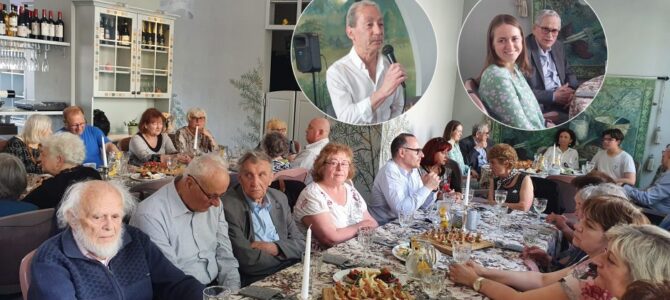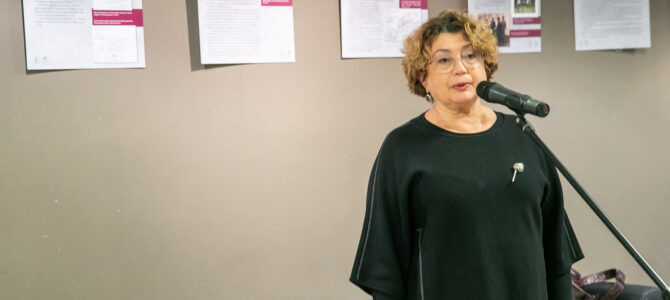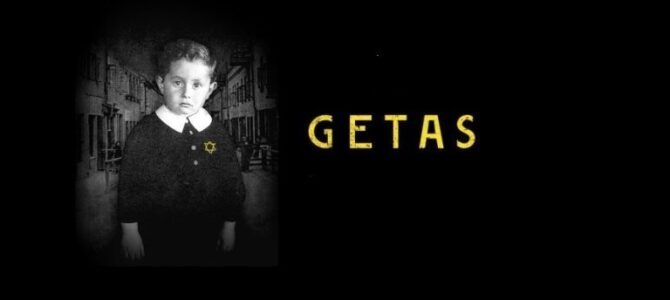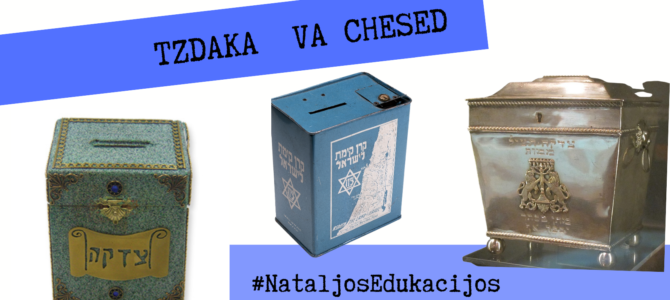
A building built between the two world wars on Vytautas prospect in Kaunas is now undergoing renovation. The architect was Karolis Reisneris, the same architect who designed the Church of the Assumption in Kaunas. Advertisements to purchase apartments have caused controversy because of the phrase “Lietūkis: A Building with History,” recalling the Lietūkis garage massacre in Kaunas in late June of 1941.
Artist Paulina Eglė Pukytė spotted the advertisement on facebook and was surprised by it.
“If the ad campaign is mentioning history, then how can it ignore completely some of the blackest pages of 20th century history connected with the word Lietūkis? The advertisement suggests ‘touching history.’ How should we touch it, and which history?” she said to 15min.lt.
Between the two world wars the compound word “Lietūkis,” made up of Lietuva or Lithuania, shortened to Liet-, followed by ūkis, meaning economy, farm or household, was the name adopted by the Union of Lithuanian Agricultural Cooperatives, which operated in Kaunas from 1923 to 1940. Their headquarters were located at no. 43 on Vytautas prospect. The daylight pogrom and mass murder of Jews was perpetrated at the garage, actually an automobile service and repair station, located on Miško street in Kaunas and still known as the Lietūkis garage, despite abolition of the Lietūkis organization, the Union of Lithuanian Agricultural Cooperatives, prior to that.
















